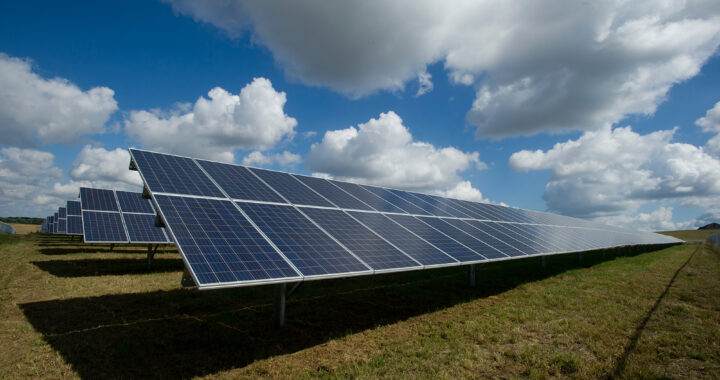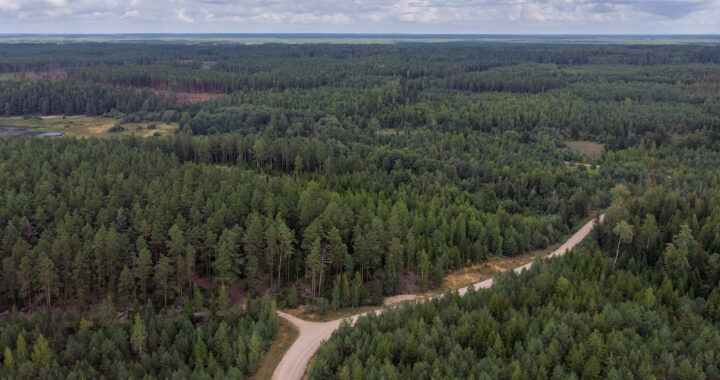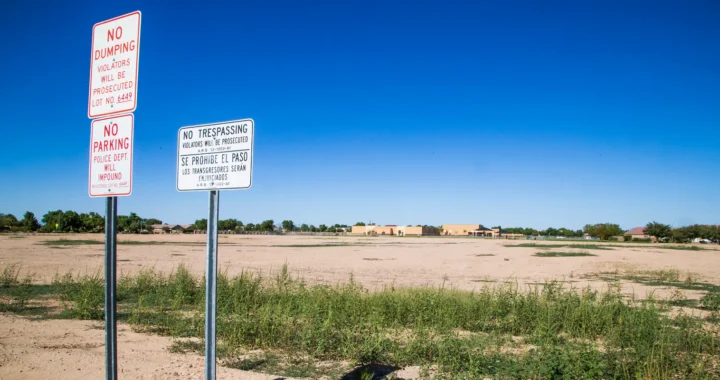As the world becomes increasingly aware of the impact of climate change, more and more individuals are looking for ways to contribute to sustainable development. One often-overlooked avenue for this is green investing. For vacant land owners, there are many opportunities to make a difference and promote sustainable development through their investment choices.
Green investing involves investing in companies, projects, and initiatives that have a positive impact on the environment. For vacant land owners, there are many ways to participate in green investing, including investing in renewable energy, sustainable agriculture, and conservation projects.
Renewable energy is one of the most popular green investment opportunities. Wind and solar energy are becoming more and more popular as people look for alternatives to traditional fossil fuels. For vacant land owners, investing in renewable energy can be a great way to promote sustainable development while also generating income. If you have land that is suitable for wind or solar energy production, you can lease your land to a renewable energy company or invest in a project that is already underway.
Sustainable agriculture is another great way for vacant land owners to promote sustainable development. Sustainable agriculture involves using farming practices that are environmentally friendly and socially responsible. This can include things like using organic farming methods, minimizing the use of pesticides and fertilizers, and promoting biodiversity. If you have vacant land, you can lease it to a farmer who is committed to sustainable agriculture or invest in a farm that is already using sustainable practices.
Conservation projects are another way for vacant land owners to promote sustainable development. There are many organizations that are dedicated to preserving natural habitats and protecting endangered species. By investing in conservation projects, you can help protect the environment and promote biodiversity. You can also lease your land to a conservation organization or participate in a conservation easement program, which allows you to protect your land from development while also receiving tax benefits.
In addition to the benefits of promoting sustainable development, green investing can also be financially rewarding. Many green investments offer attractive returns, and the demand for renewable energy, sustainable agriculture, and conservation projects is only expected to grow in the coming years.
However, it is important to do your research before making any green investment decisions. There are many green investment opportunities out there, but not all of them are created equal. It is important to look for investments that are transparent, have a proven track record, and are aligned with your values.
In conclusion, green investing is a great way for vacant land owners to contribute to sustainable development. By investing in renewable energy, sustainable agriculture, and conservation projects, you can help protect the environment, promote biodiversity, and generate income. However, it is important to do your research and choose investments that are transparent, have a proven track record, and are aligned with your values. With the right approach, green investing can be both financially rewarding and socially responsible.



